Blog
Exploring the Advantages of CNC Metal Machining in Modern Manufacturing Processes
In the rapidly evolving landscape of modern manufacturing, CNC metal machining has emerged as a pivotal technology that enhances efficiency and precision. According to a report by IndustryARC, the global CNC machining market is projected to reach $100 billion by 2027, driven by increasing demand in sectors such as automotive, aerospace, and electronics (IndustryARC, 2021). This advancement is largely attributed to the ability of CNC metal processes to facilitate complex geometries and fine tolerances that traditional machining methods may struggle to achieve.
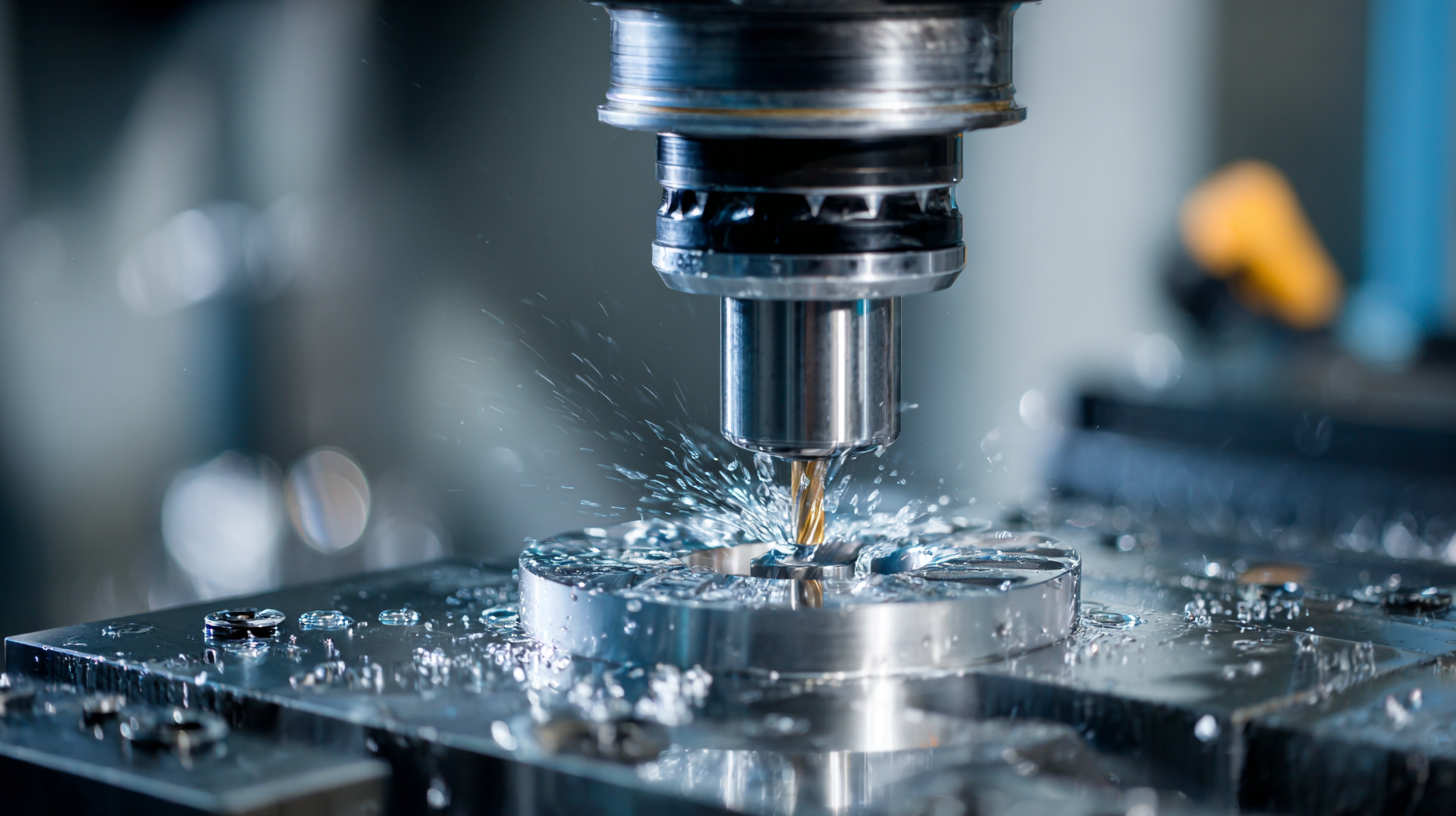
Furthermore, a study by Grand View Research highlights that automation through CNC technologies significantly reduces operational costs by up to 30%, confirming its value in optimizing production workflows. As manufacturers continue to seek competitive advantages, understanding the multifaceted benefits of CNC metal machining becomes essential for capitalizing on opportunities in high-precision production environments.
Benefits of Precision and Accuracy in CNC Metal Machining
CNC metal machining plays a pivotal role in advancing precision and accuracy in modern manufacturing processes. This technology allows for the production of intricate parts with submicron precision, which is particularly crucial in industries like medical device fabrication. The ability to achieve such high levels of accuracy means that components can be manufactured with tight tolerances, leading to improved functionality and safety in sensitive applications. As the demand for high-quality medical devices grows, precision machining becomes a cornerstone of reliable and effective product development.
Furthermore, recent innovations in tube cutting technology have also highlighted the importance of precision in engineering. Modern CNC machining not only enhances accuracy but also streamlines workflows, significantly reducing setup times through integrated inspection and part alignment capabilities. This integration of advanced technologies results in more efficient processes and better quality control, ensuring that products meet stringent industry standards. As precision machining continues to evolve, it is set to redefine manufacturing paradigms, driving productivity while maintaining the highest levels of accuracy.
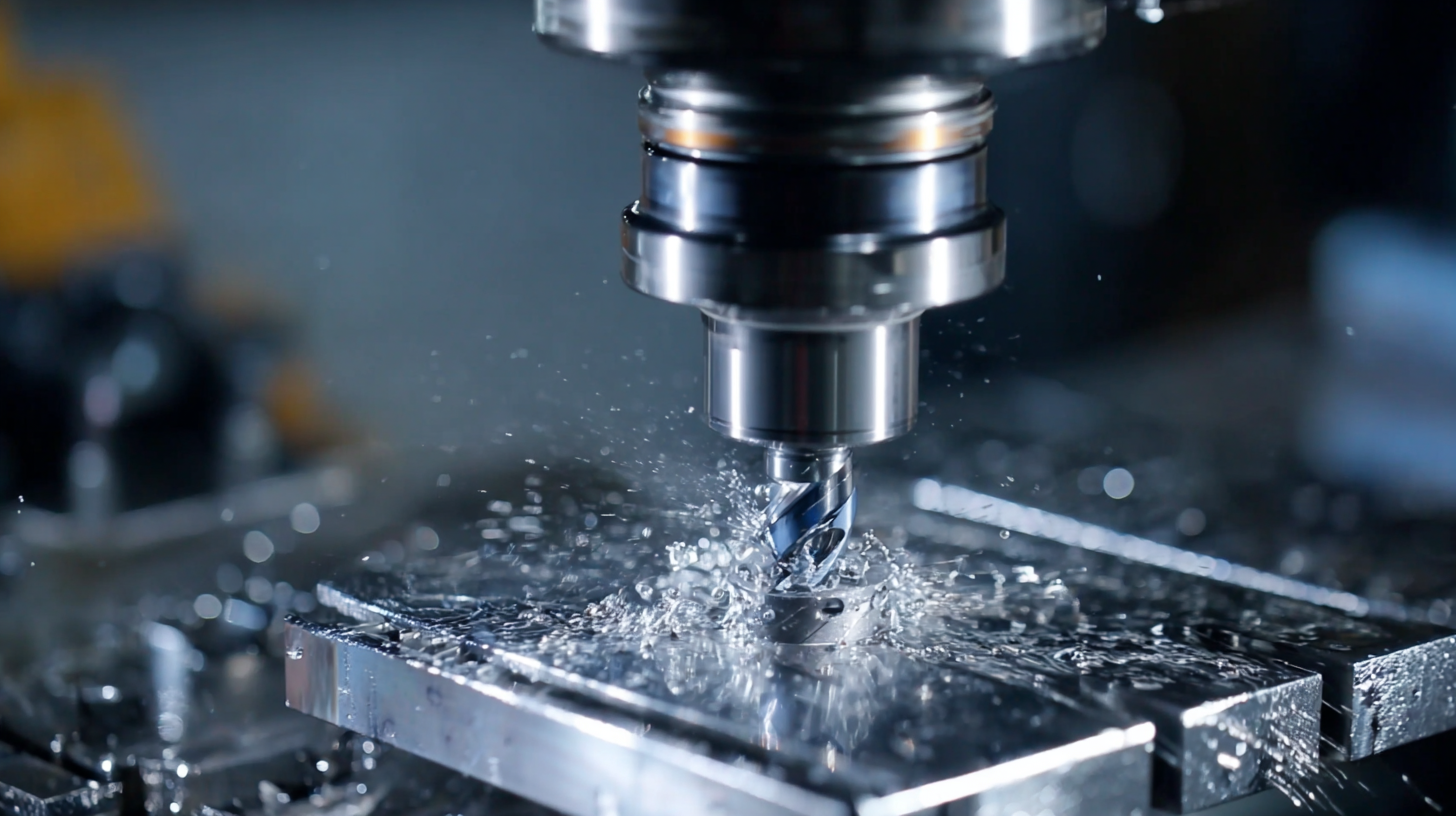
Enhanced Production Efficiency through Automated Processes
CNC metal machining has revolutionized modern manufacturing by significantly enhancing production efficiency through automation. According to a report by MarketsandMarkets, the global CNC machine market is projected to grow from $70.2 billion in 2020 to $100.1 billion by 2026, reflecting a compound annual growth rate (CAGR) of 6.6%. This growth highlights the increasing reliance on automated processes that not only streamline operations but also reduce production cycle times. Automated CNC machines enable manufacturers to operate continuously, drastically cutting down on downtime associated with manual machining setups.
Furthermore, the precision offered by CNC technology contributes to higher production quality and consistency. A study by the National Institute of Standards and Technology (NIST) showed that CNC machining can improve part accuracy by up to 50% compared to traditional methods. This improvement reduces material waste and rework costs, leading to overall cost savings for manufacturers. As businesses increasingly adopt CNC metal machining, they can achieve faster turnaround times and better resource utilization, consolidating their competitive edge in the marketplace.
Exploring the Advantages of CNC Metal Machining in Modern Manufacturing Processes - Enhanced Production Efficiency through Automated Processes
| Dimension | Description | Value |
|---|---|---|
| Production Speed | Average time taken to produce a component | 30 units/hour |
| Material Waste | Percentage of materials wasted during machining | 5% |
| Setup Time | Time required to set up CNC machines | 2 hours |
| Operator Efficiency | Percentage of productive time vs. total time | 85% |
| Cost Reduction | Percentage reduction in production costs | 20% |
| Part Complexity | Max complexity level achievable | High |
Versatility of CNC Machines in Diverse Metalworking Applications
CNC metal machining has revolutionized modern manufacturing with its impressive versatility across various applications. According to a report by MarketsandMarkets, the CNC machine market is projected to grow from $66.69 billion in 2021 to $88.64 billion by 2026, signifying a significant shift towards automated and precise manufacturing processes. This adaptability allows CNC machines to cater to industries ranging from aerospace to automotive, enabling the creation of complex parts with high precision and efficiency.
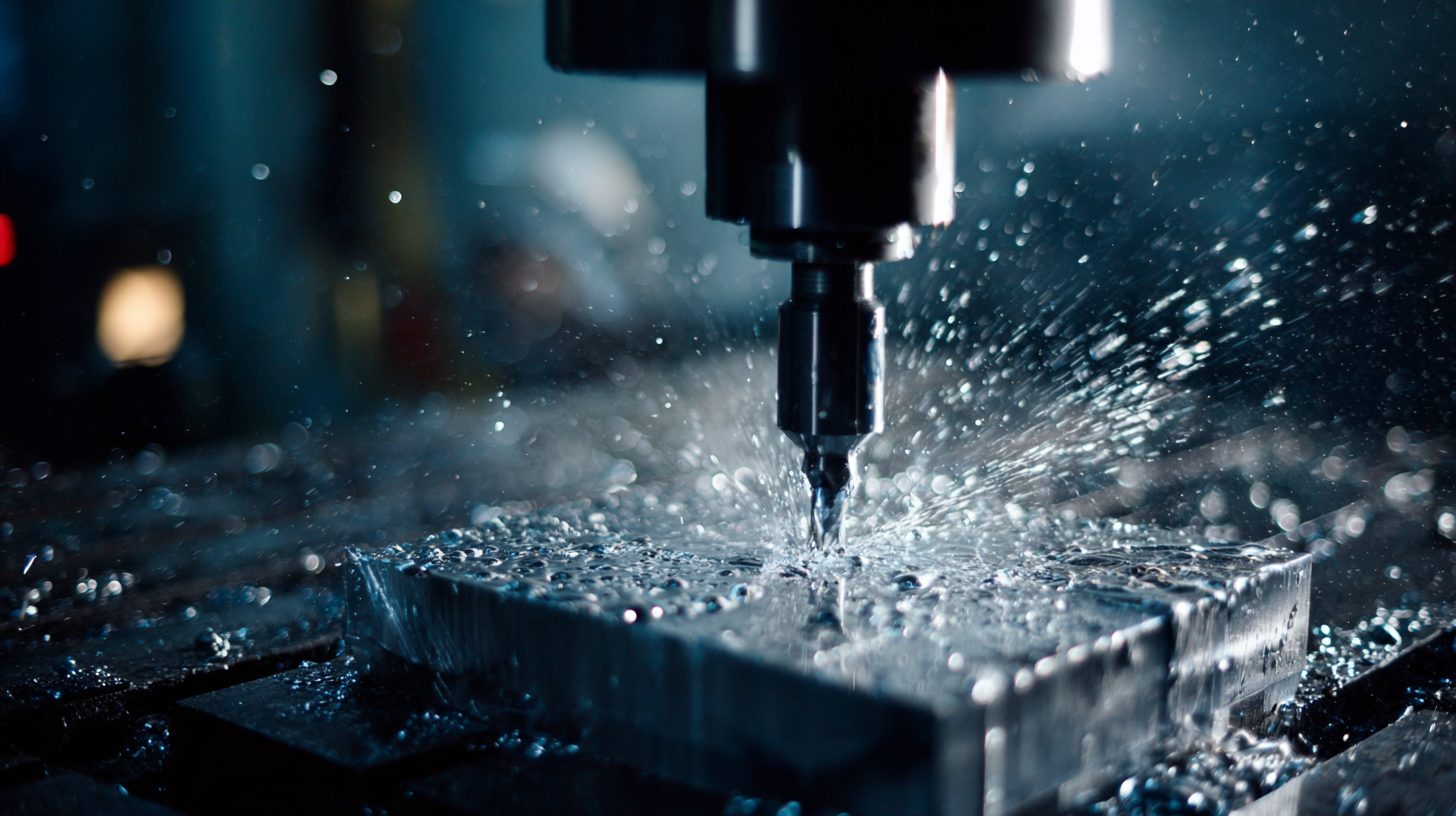
One of the standout features of CNC machines is their ability to work with a wide range of metals, including aluminum, steel, and titanium. This versatility is crucial in sectors that demand strict tolerances and high-quality finishes. Data from Modern Machine Shop reveals that around 60% of CNC machining projects involve the production of intricate components, highlighting the technology's capability in handling diverse and challenging tasks effectively.
Tips for optimizing CNC machining processes include regularly maintaining equipment to ensure operational efficiency and incorporating advanced software for better design simulations. Additionally, adopting a strategic approach to material selection based on specific project requirements can lead to improved outcomes in both cost and performance, making CNC machining an indispensable part of modern manufacturing.
Cost-Effectiveness of CNC Metal Machining in Manufacturing
The cost-effectiveness of CNC metal machining in manufacturing processes is becoming increasingly significant as industries strive for efficiency and precision. CNC machining reduces waste and minimizes the need for manual labor, which directly translates to lower production costs. With advancements in technology, such as AI agents designed to automate CNC machining, manufacturers can achieve greater accuracy and faster turnaround times. This automation not only enhances productivity but also reduces operational costs associated with human error and labor overhead.
Furthermore, hybrid manufacturing technologies that integrate 3D printing with CNC machining are revolutionizing traditional manufacturing practices. These systems optimize the use of materials, cutting down waste by an impressive margin. As a result, businesses can produce complex components at a fraction of the cost and time compared to conventional methods. The ongoing investment and innovation in CNC metal machining demonstrate its vital role in improving the economic landscape of modern manufacturing, ensuring that companies remain competitive in a rapidly evolving market.
Advantages of CNC Metal Machining in Manufacturing
Improved Safety and Reduced Waste in Modern Manufacturing Environments
CNC metal machining has revolutionized modern manufacturing processes, particularly in terms of safety and waste reduction. One of the primary advantages of CNC technology is its ability to minimize human error. With automated systems, the risk of accidents caused by operator fatigue or inattention is significantly lowered. Advanced safety features, such as emergency stop functions and protective enclosures, further enhance the work environment, ensuring that operators can perform their tasks with greater peace of mind.
In addition to improved safety, CNC metal machining contributes to waste reduction, an essential consideration in contemporary manufacturing. Traditional machining processes often lead to excessive material waste due to inaccuracies and the trial-and-error methods commonly employed. CNC machines, and their precision cutting capabilities, optimize the use of raw materials, resulting in less scrap and lowering overall production costs. This efficiency not only benefits manufacturers economically but also aligns with environmental sustainability goals by reducing the amount of waste that ends up in landfills. As industries continue to adopt CNC machining, the dual benefits of enhanced safety and minimized waste will play a crucial role in shaping the future of manufacturing.
Related Posts
-
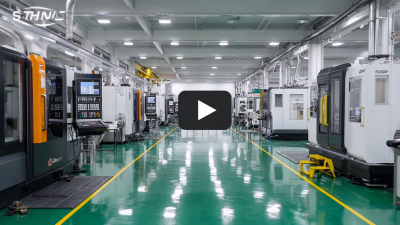
Understanding the Importance of Best CNC Manufacturing in Global Supply Chains
-

Step-by-Step Guide to Mastering Your Home CNC Machine for Creative Projects
-
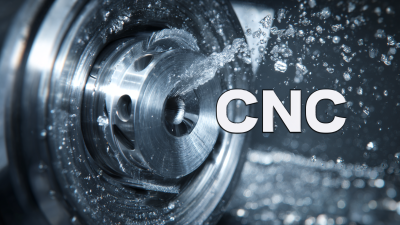
Exploring the Unique Features and Applications of Best CNC Turning Products in Modern Manufacturing
-
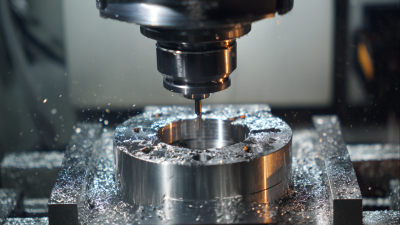
Trusted Quality: Discover the Best 5 Axis CNC Mill from China for Global Excellence
-
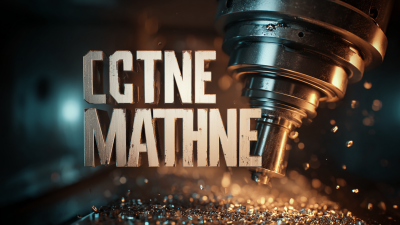
Mastering Precision Crafting with the Best CNC Lathe Machine Comprehensive Tutorial for Beginners
-
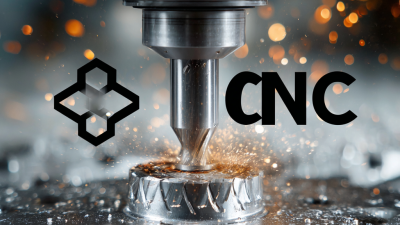
Exploring the Top Alternatives to Best CNC Turning for Precision Manufacturing